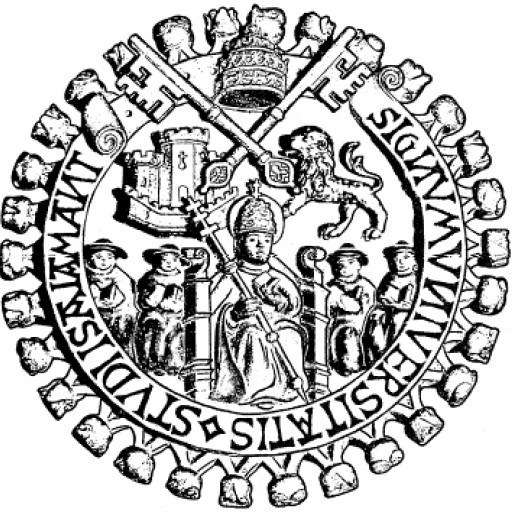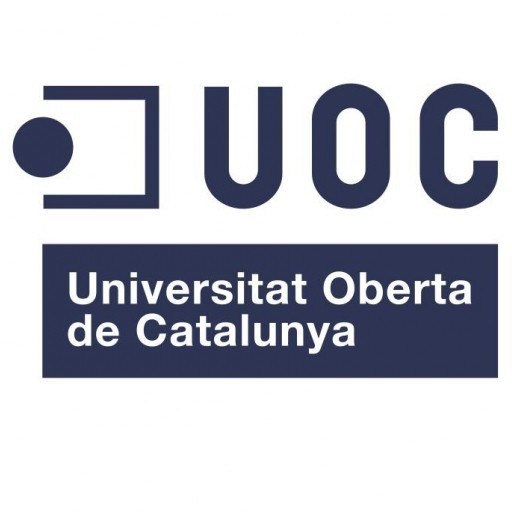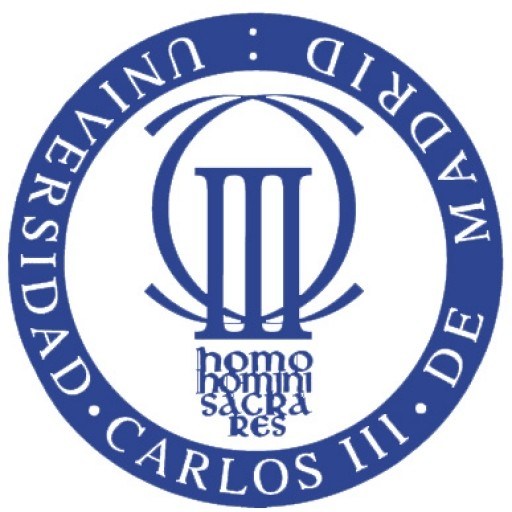Photos of university / #usal
Official title: Postgraduate / graduated in Classic Philology
Knowledge branch: Art and Humanities education
Faculty: Faculty of Philology
Type of education: Presencial
Language: Spanish
Duration: 4 academic courses
Credits ECTS: 240 ECTS
Number of places 2019-20: 50 squares
Registration price: Decree of public prices JCyL
The plan of program: https://www.usal.es/files/grados/planes/FilologClasica_PlanEstudios_modificado.pdf
The Royal decree 1393/2007, of October 29 (BOE 10/30/2007), modified for Real
Decree 861/2010 of July 2 (BOE 7/3/2010), by which there is established the arrangement of the official university educations, indicates in its article 6 that, in order to make the students' mobility effective, so much inside the national territory as out of him, the universities will prepare and make its regulation public on the system of recognition and credit transference, with subjection to the general criteria established in the same one.
The University of Salamanca, to give fulfillment to the mentioned prescript, establishes its own regulation that, together with the application forms, can be consulted in http://www.usal.es/webusal/node/12038.
The financing of the Classical Philology program at the University of Salamanca is primarily supported through a combination of public funding, student fees, and grants. As a public university in Spain, the University of Salamanca benefits from government subsidies that help offset the costs associated with maintaining high-quality educational standards, faculty salaries, and academic resources. Students enrolled in the program are required to pay tuition fees, which are established annually by the university and are generally affordable compared to private institutions. These fees contribute significantly to the operational costs of the program, including library services, research support, and technological resources.
Additionally, scholarships and financial aid options are available for students to ease the economic burden, especially for those with exceptional academic records, economic hardship, or participation in specific programs or projects. The university collaborates with national and regional government programs to facilitate access to research grants and funding opportunities that support students and faculty involved in scholarly activities related to Classical Philology. Erasmus and other international mobility programs also provide funding options for students wishing to study abroad or participate in exchange programs, thereby enriching their academic experience while alleviating some financial costs.
Furthermore, the university encourages research and innovation projects through competitive funding calls, which can include grants for thesis research, conference attendance, and publication costs. Alumni donations and private sponsorships contribute indirectly to the program’s financing by supporting extracurricular activities, equipment upgrades, and new learning technologies. The university’s commitment to accessible and high-quality education ensures that multiple pathways for financial support are available to students pursuing the Classical Philology degree, making the program financially sustainable and accessible to a diverse student body.
The Bachelor’s Degree in Classical Philology at the University of Salamanca is a comprehensive undergraduate program designed to provide students with an in-depth understanding of the languages, literature, history, and cultures of ancient Greece and Rome. This degree aims to develop students' proficiency in Latin and Greek languages, enabling them to read and analyze original texts from classical antiquity. The curriculum includes a wide range of courses covering classical languages, ancient literature, history, philosophy, archaeology, and philological methods, providing a multidisciplinary perspective on the ancient world.
Students of this program are introduced to the linguistic structures and literary styles of classical texts, fostering critical reading and interpretation skills. The program emphasizes the importance of historical context, cultural heritage, and archaeological findings to deepen understanding of ancient civilizations. As part of their studies, students engage with primary sources, ancient manuscripts, and modern scholarly research, often participating in seminars and workshops that promote analytical thinking and academic discourse.
The program also offers specialization options, allowing students to focus on specific areas such as Greek studies, Latin studies, or interdisciplinary approaches integrating history, art, and philosophy. Practical modules include palaeography, epigraphy, and translation exercises, which are essential for developing expertise in handling ancient documents and inscriptions.
Career opportunities after completing this degree are diverse. Graduates can pursue further academic research or teaching careers in classics or related disciplines. They may also work in cultural heritage organizations, museums, or translation and interpretation fields. The program’s focus on language mastery, textual analysis, and cultural understanding provides a strong foundation for various careers in academia, publishing, cultural management, and beyond.
The University of Salamanca, with its rich historical tradition and distinguished faculty, offers an engaging academic environment for students interested in classical studies. The program combines rigorous coursework with opportunities for research and practical application, preparing students to contribute to the preservation and dissemination of classical knowledge. Overall, the Bachelor’s Degree in Classical Philology at the University of Salamanca is designed to nurture a deep appreciation of the classical world and develop skills that are valuable in many professional contexts related to history, language, and cultural studies.





